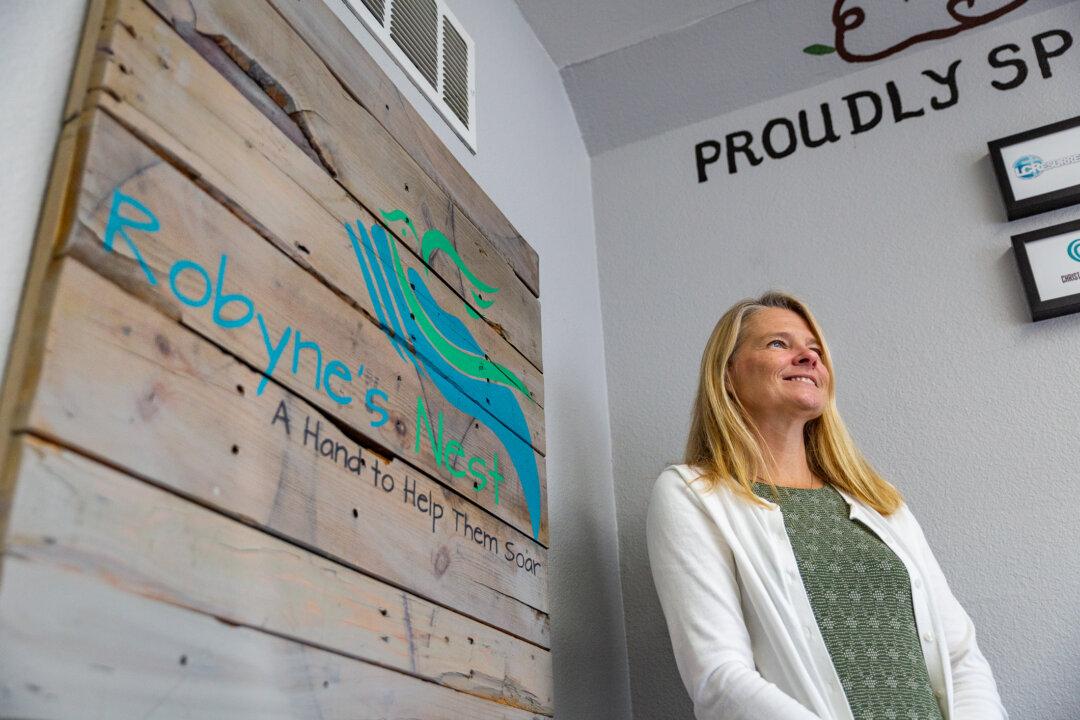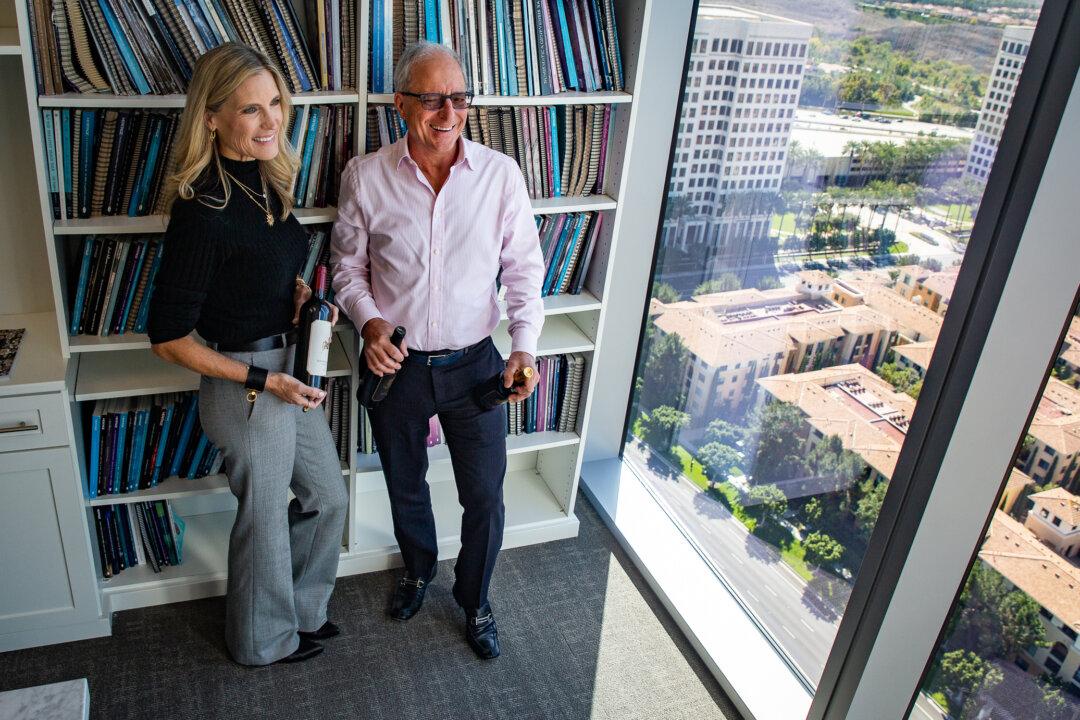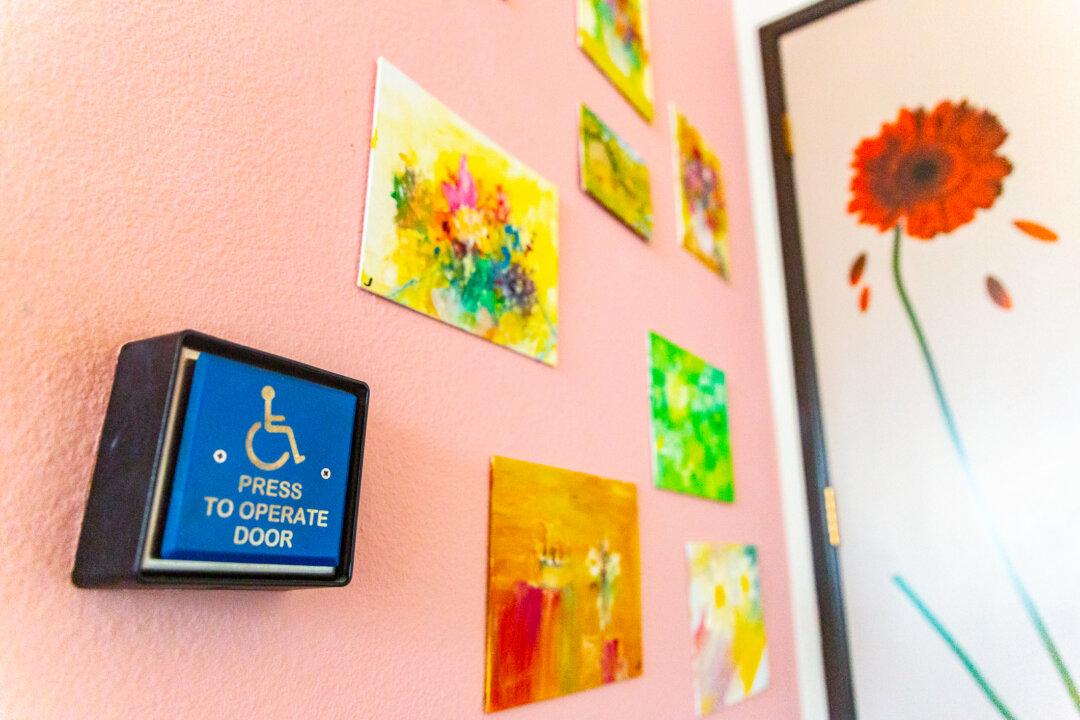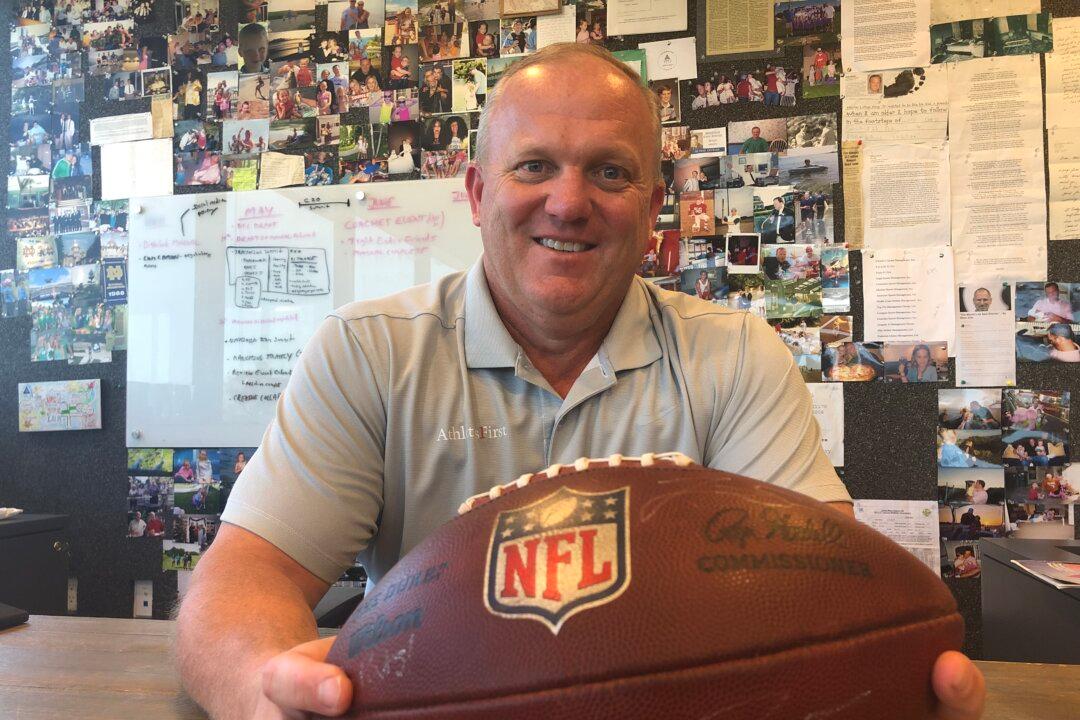Some high schoolers are forced into homelessness or may be at high risk of ending up on the streets because of negligent parents, abusive households, and family drug or alcohol problems. What’s worse, the ones who stay home are often lacking basic needs—food, clothing, and money for school supplies.
It seems nearly impossible that affluent places such as the Huntington Beach Union High School and Newport Mesa Unified School districts could have these kinds of problems, but for Robyne Wood, it’s a fact she experiences firsthand every day.




